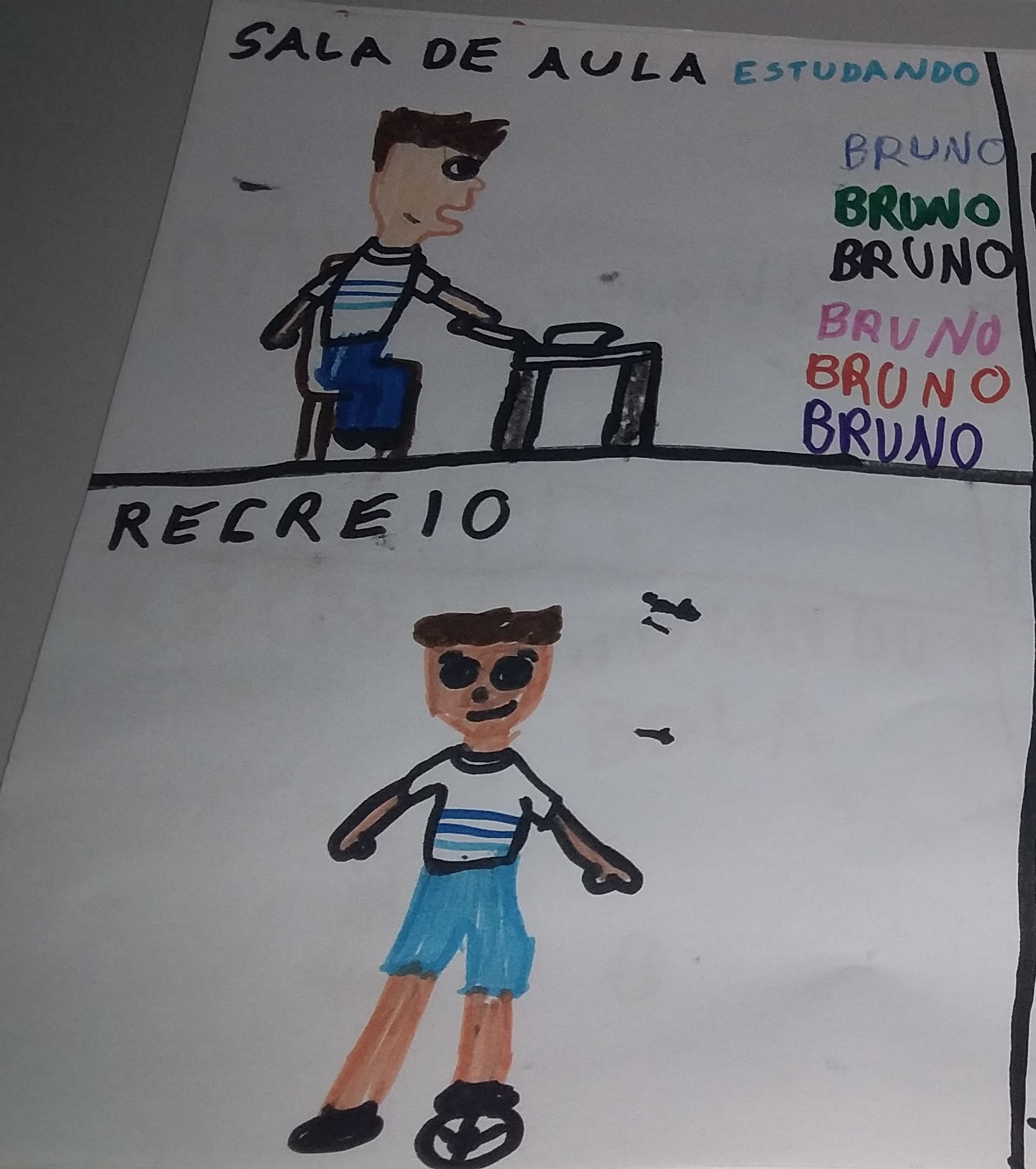WHAT IS A GOOD SCHOOL?
ADULTS AND CHILDREN DEALING WITH MEANINGS AND ACTIONS IN A PUBLIC INSTITUTION IN RIO DE JANEIRO
DOI:
https://doi.org/10.22478/ufpb.2447-9837.2023.n16.67215Abstract
How do adults and children qualify a “good school”? Considering that, even in a context of intergenerational asymmetry, children take an active role in relationships, this article seeks to answer this question, with fieldwork in a public institution in Rio de Janeiro. Aimed at students aged 4 to 10, from the lower and middle classes, with distinct ethnical background, marked by heterogeneity, this institution is considered a “reference school”. In general, adults emphasized the teaching-learning process as central to the school process, though they had some controversies, such as the political dimension of education. The children, even though they valued their studies, emphasized play, active corporality, relationships, in conversations that revealed some degree of ethnic-racial oppression. In the context of the research, it was possible to see adults and children producing dialogues, conflicts and negotiations, sharing meanings, but also sharing some dissonance.
KEYWORDS: School. Education. Children. School Community.
IMAGE: Photo of a drawing produced by a student at the school where the authoress did field research. Authoress: Flora Moana Van de Beuque (2019).
Downloads

Downloads
Published
Issue
Section
License
- Autores mantém os direitos autorais e concedem à revista o direito de primeira publicação, com o trabalho simultaneamente licenciado sob a Licença Creative Commons Attribution que permite o compartilhamento do trabalho com reconhecimento da autoria e publicação inicial nesta revista.
- Autores têm autorização para assumir contratos adicionais separadamente, para distribuição não-exclusiva da versão do trabalho publicada nesta revista (ex.: publicar em repositório institucional ou como capítulo de livro), com reconhecimento de autoria e publicação inicial nesta revista.
- Autores têm permissão e são estimulados a publicar e distribuir seu trabalho online (ex.: em repositórios institucionais ou na sua página pessoal) a qualquer ponto antes ou durante o processo editorial, já que isso pode gerar alterações produtivas, bem como aumentar o impacto e a citação do trabalho publicado (Veja O Efeito do Acesso Livre).


